The Partisan Implications of the ISL Theory
Given the U.S. Supreme Court’s interest in the independent state legislature theory, its partisan implications are well worth investigating.
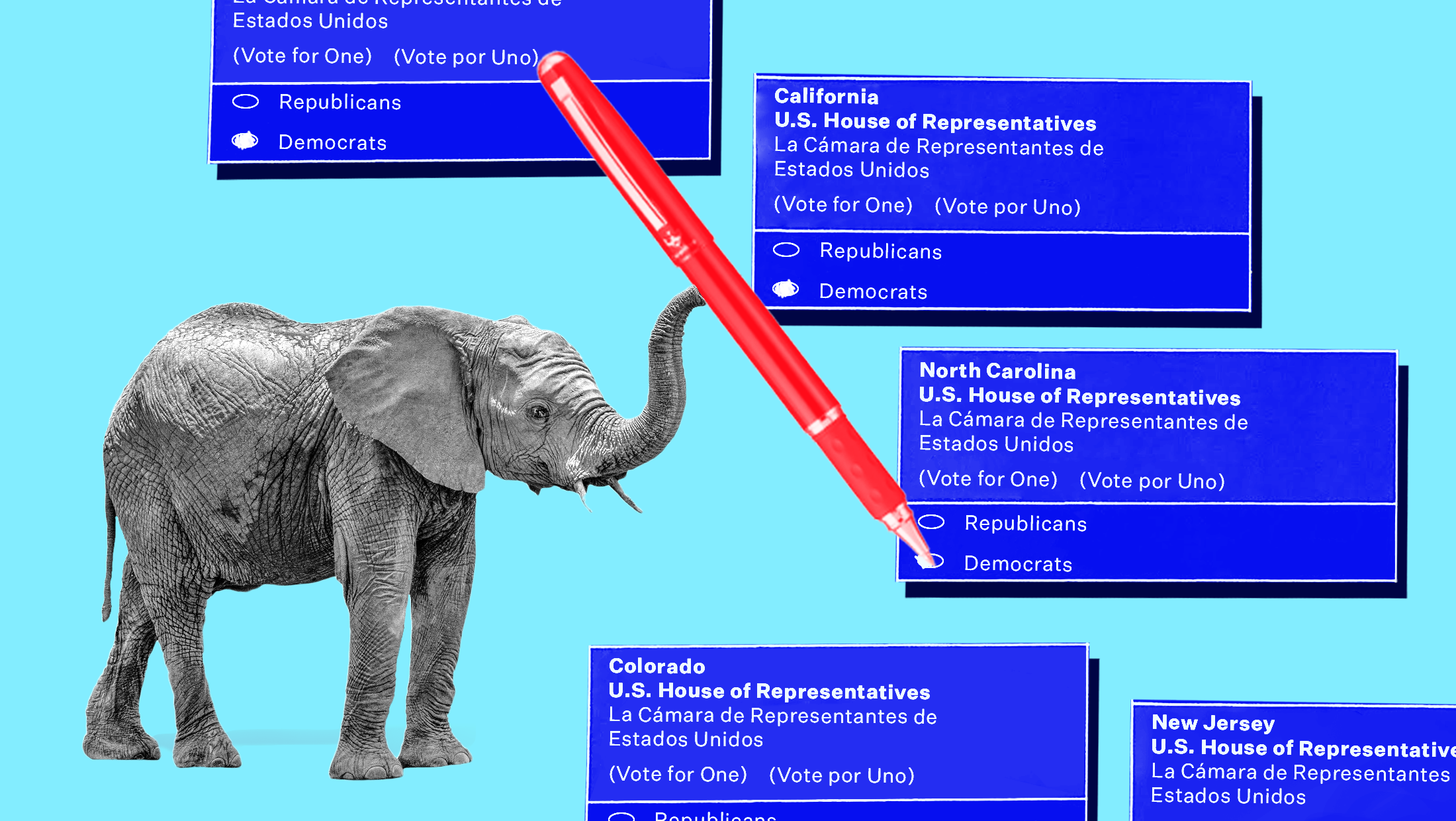
Read in-depth op-eds on voting rights and democracy from our contributors, guest authors and Democracy Docket's founder, Marc Elias. Use the drop-down menu to organize by topic.
Given the U.S. Supreme Court’s interest in the independent state legislature theory, its partisan implications are well worth investigating.

When former President Donald Trump launched his post-election assault on democracy, he did not start with violence; he started with courts.
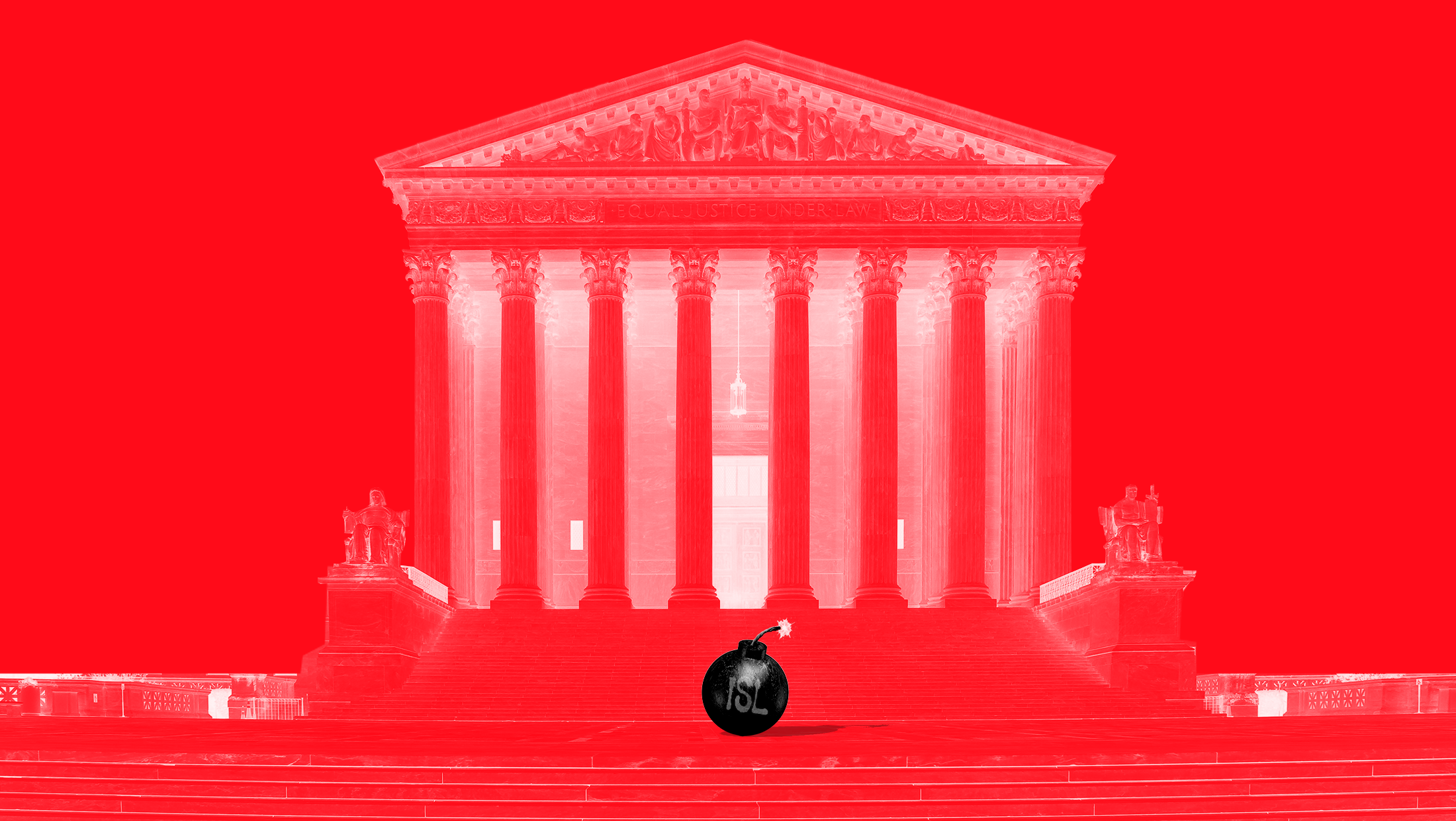
Now is the time for Democrats to intensify their focus on redistricting, not turn away.

Legal scholar and lawyer Nicholas Stephanopoulos answers questions about how to measure partisan fairness in redistricting.

The best way to guarantee that maps are drawn equitably is by engaging the communities who are impacted the most by unfair maps and putting the map-drawing power in the hands of independent commissions — not politicians.
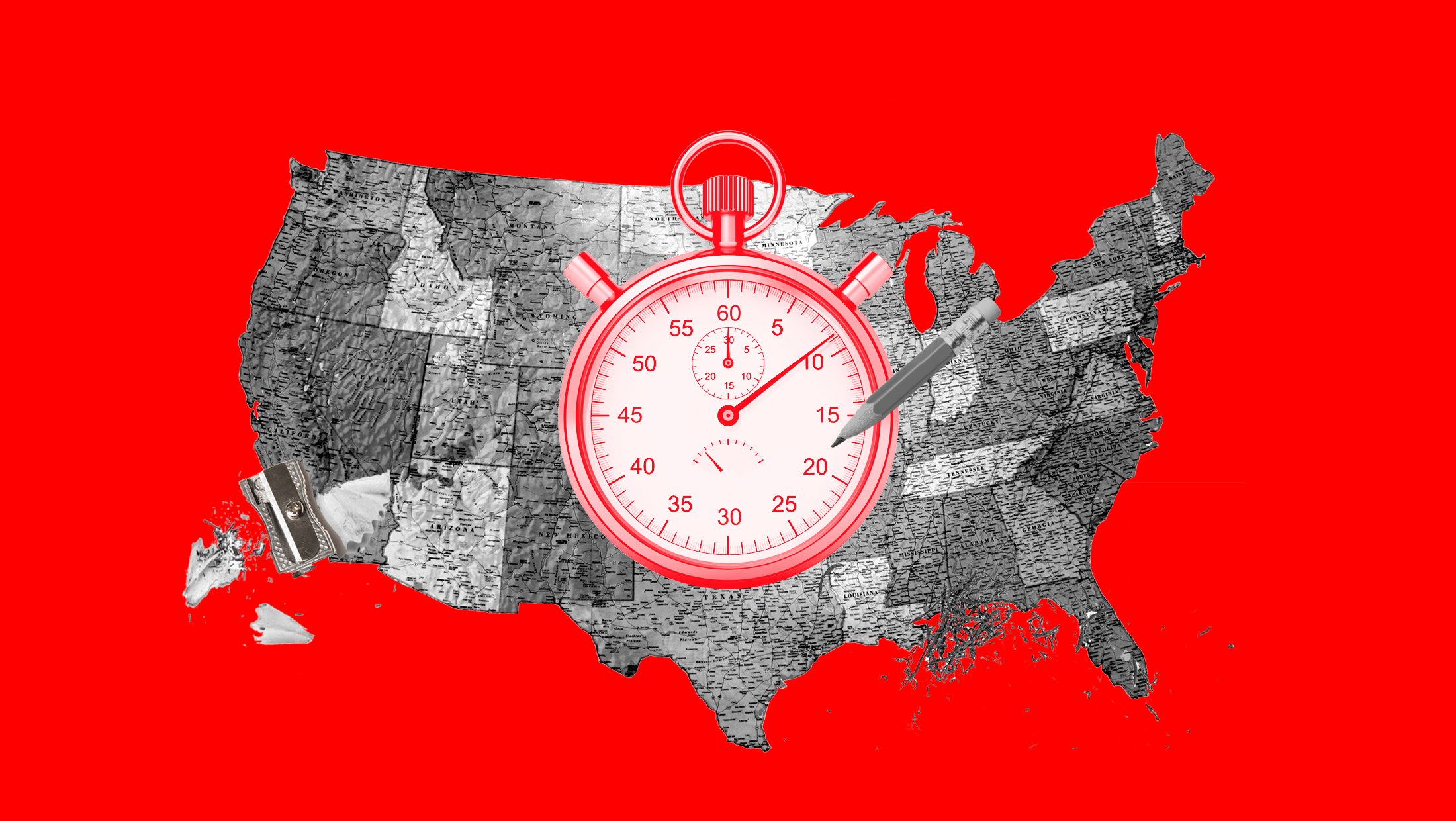
A country in which party so thoroughly trumps geography is not the Republic our Framers envisioned — but the 2020 census sabotage makes clear that it’s the Republic in which we now live.

The Republican state legislators who have introduced these anti-voter bills will be the very same people who try to gerrymander themselves into power during the redistricting process this year.
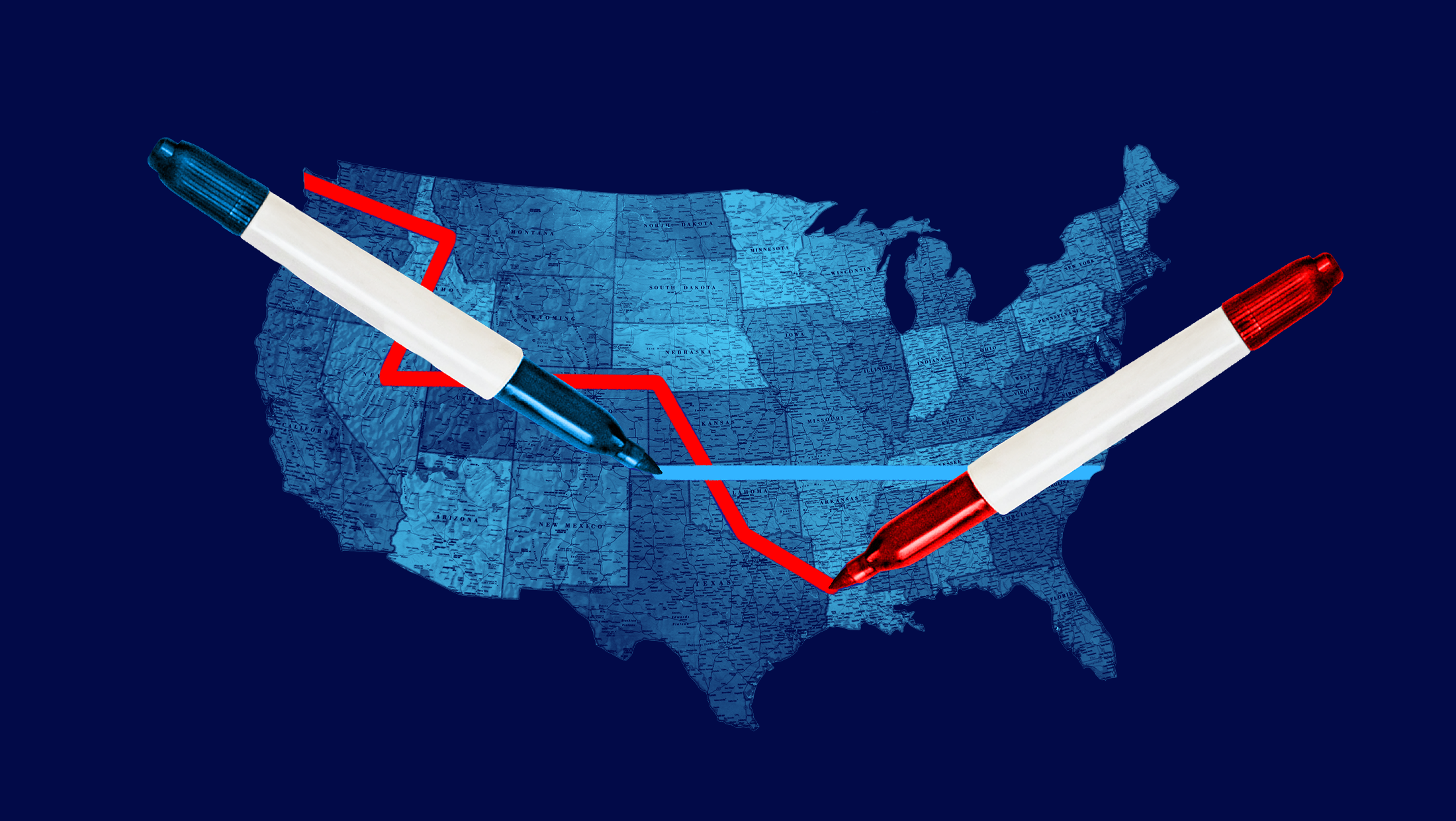
Federal legislation to improve America’s elections is now on the table. But there’s another power the House and Senate could use to strengthen American democracy — a power distinct from legislation and all the hurdles that apply to it.
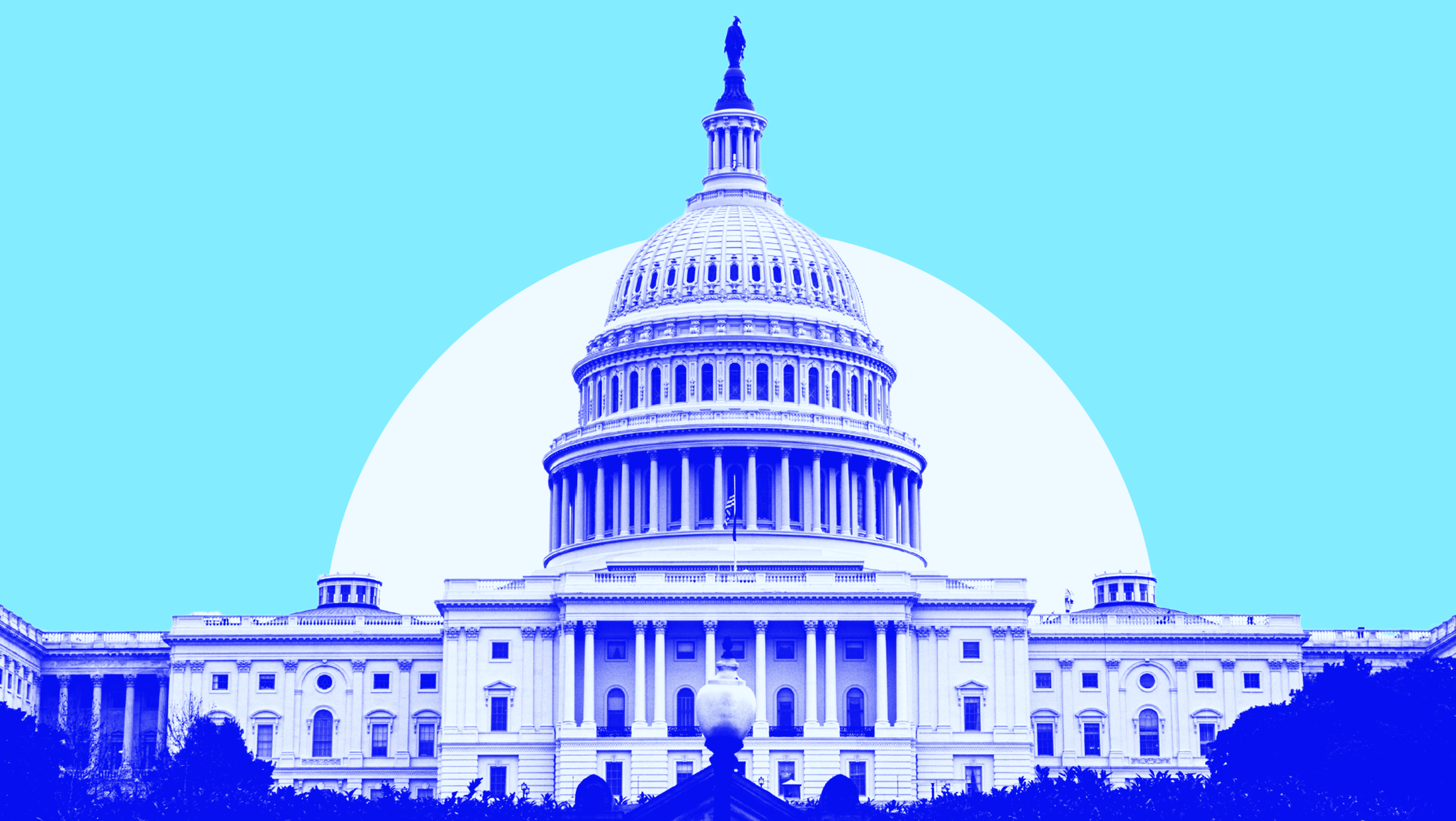
History has proven what Republicans will do in redistricting if they have complete power and who they will disenfranchise in the process. We need to ensure that Republicans cannot take control of redistricting again.

Page 3 of 3